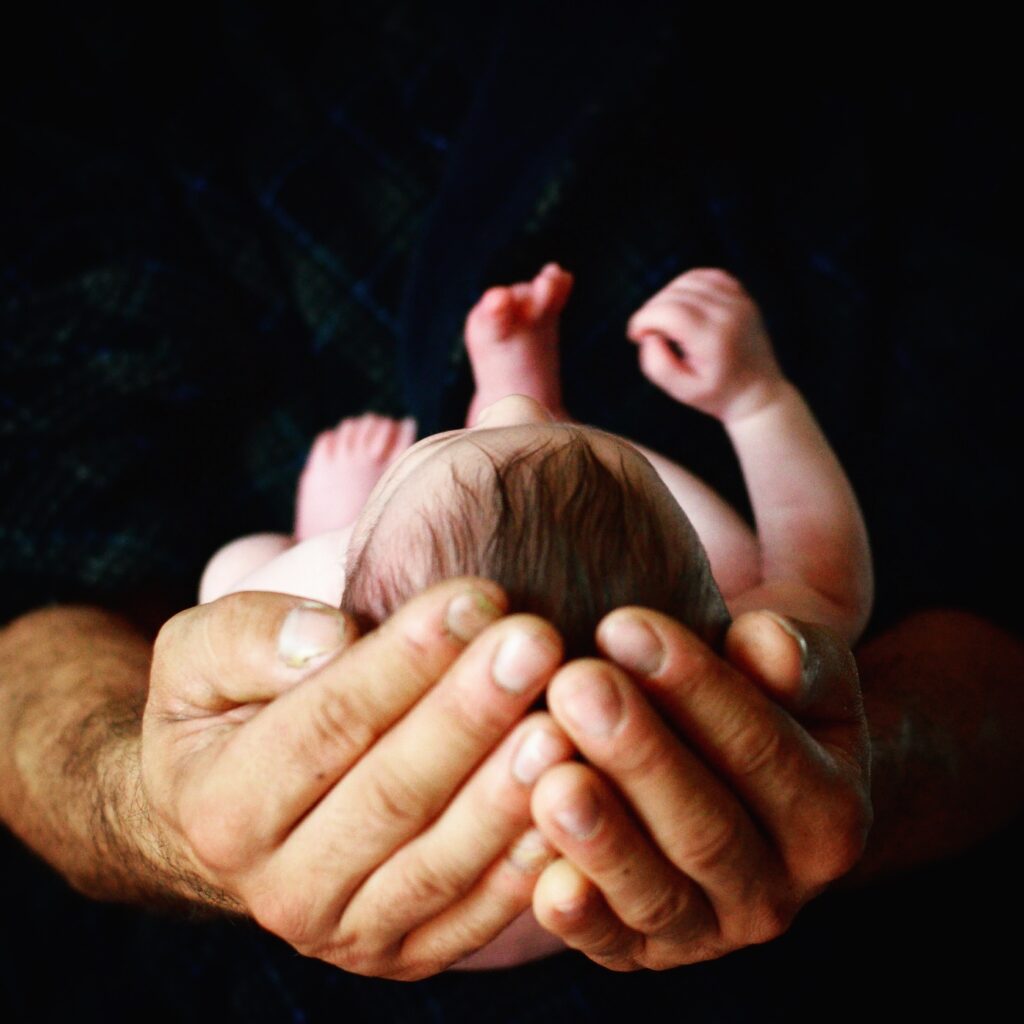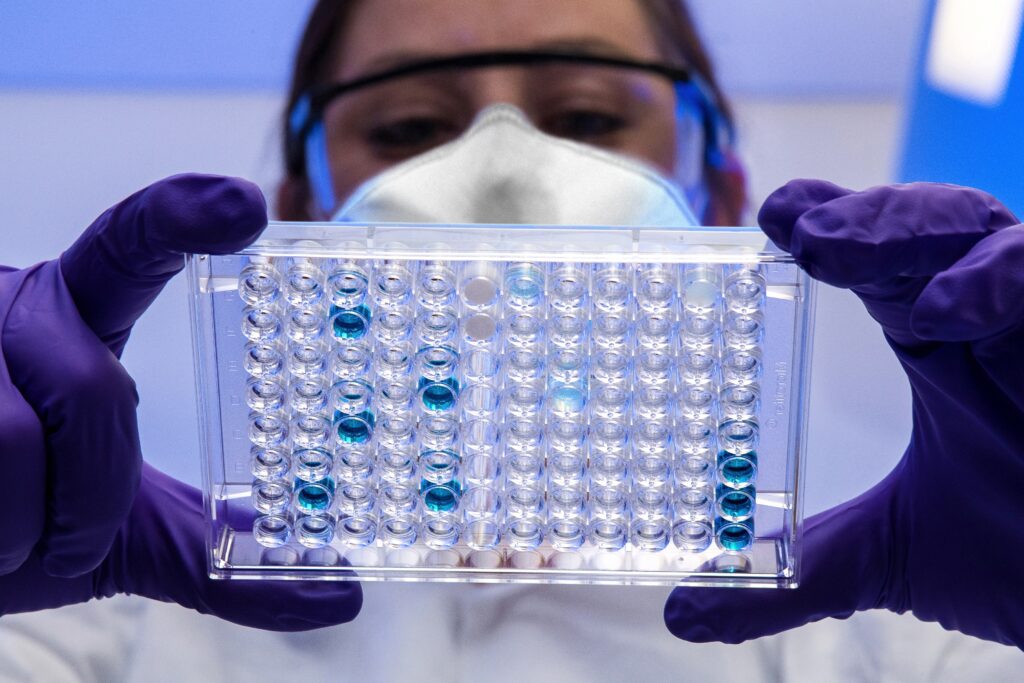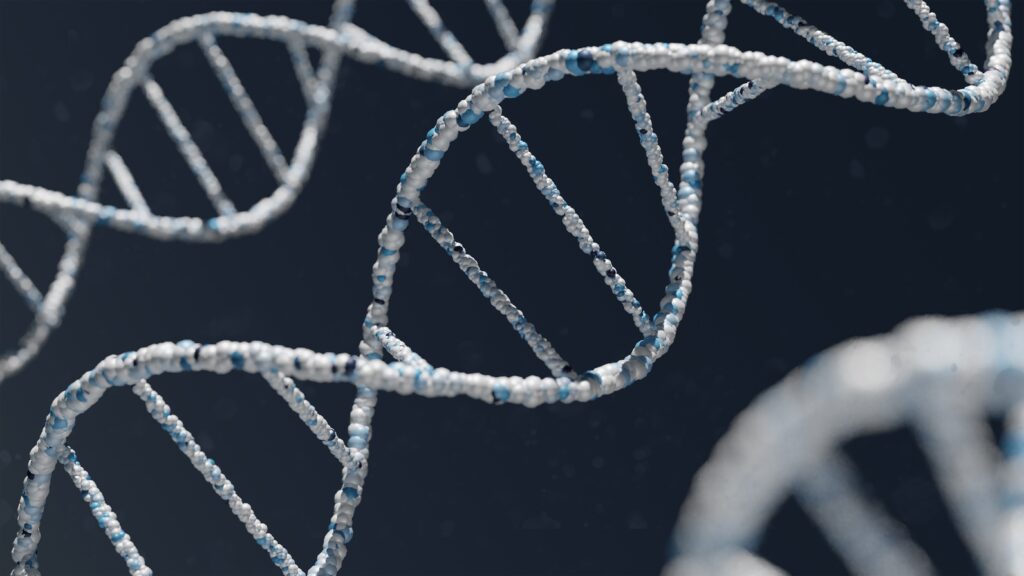Ababy born without any genetic disease is not a rare phenomenon but what if we told you that in the UK, a baby was born recently and will never have any genetic disease in the future? And in fact, the baby will also not witness any harmful genetic mutation in his body.
As per reports, the baby is being called the first “Super Baby” of the UK because the child was born from the DNA of three people, the parents and another woman. The technique used was “a novel type of in vitro fertilization (IVF)” with which any mitochondrial diseases will be prevented in the child, as per a BBC report. In this method, tissues are taken from the eggs of a healthy woman and then IVF embryos are made from these. The embryos possess a remarkable attribute— they are devoid of any detrimental mutations that a mother may transmit to her offspring. Then, the developing embryo residing within the mother’s womb is shielded entirely from inheriting any genetic disorders associated with the woman’s genetic makeup. If there is any disease in the mother’s body, then it will not go to the child, the report added.
According to scientists, this is the most successful way to protect newborn children from genetic diseases. It is a modified form of the IVF technique, also called mitochondrial donation treatment (MDT). Mitochondria, the powerhouse of any cell, of biological parents’ sperm and egg are mixed in the embryo. Whatever harmful mutations happen, they get stored in the mitochondria.



As per the reports, during this entire procedure, approximately 99.8 per cent of the DNA originated from the biological parents, while the remaining portion was contributed by the woman who gave birth. The resulting child will possess nuclear DNA inherited from its parents, encompassing crucial traits such as personality and eye colour.
A baby born with 3 people’s DNA is the first in the UK but not in the world. Earlier, in 2016, a similar technique was used and the baby was born to a Jordanian family. As per the UK’s Human Fertilisation and Embryology Authority, less than five such babies have been born as of April 20, 2023.